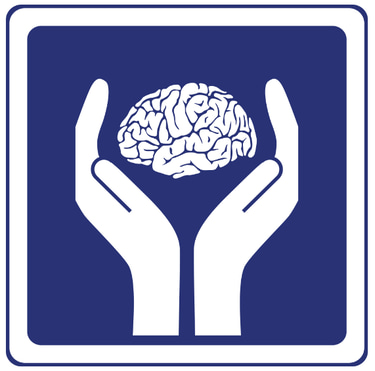Get much needed help ...
Maximizing Recovery: Daily Activities That Double as Stroke Rehabilitation
Recovery doesn't stop when you leave therapy. Here's how to turn everyday activities into rehabilitation opportunities, based on insights from stroke survivors and rehabilitation specialists.
1/30/20251 min read


Maximizing Recovery: Daily Activities That Double as Stroke Rehabilitation
Recovery doesn't stop when you leave therapy. Here's how to turn everyday activities into rehabilitation opportunities, based on insights from stroke survivors and rehabilitation specialists.
Morning Routine: Start with buttoning your shirt using your affected hand as support, or practice one-handed techniques if needed. Stroke survivor @StrokeWarrior87 suggests placing items like your toothbrush in harder-to-reach spots to encourage extended movements.
Kitchen Activities:
Stack plastic cups (safer than glass) to work on reach and grasp
Sort silverware to improve finger dexterity
Wipe the counter in large circles for arm range
Transfer dry beans between containers for fine motor skills Leading OT @StrokeRehabPro emphasizes starting with lightweight, unbreakable items.
Throughout the Day:
Fold laundry, focusing on bilateral movements
Water plants to practice controlled pouring
Sort playing cards for finger manipulation
Open and close different types of containers Physical Therapist Sarah Johnson (@NeuroRehab365) recommends setting specific times for these activities to ensure consistency.
Entertainment with Purpose:
Play card games for cognitive and fine motor practice
Do jigsaw puzzles for visual scanning and pincer grasp
Use adult coloring books for hand control Stroke survivor support groups like @StrokeSupportNetwork highlight these as engaging ways to maintain motivation.
Remember:
Safety first - start seated if balance is a concern
Quality over quantity
Take breaks when fatigued
Celebrate small wins
Sources: Insights compiled from StrokeRecoveryNetwork, OTPractice Forum, and StrokeSurvivor Connect Community (2024).
